If you’ve been feeling stuck in your current nursing role or dreaming about earning more while still doing meaningful work, becoming a Nurse Practitioner (NP) might just be the move for you. I became a nurse practitioner 7 years ago, and it has been one of the best decisions I have made in my career.
And I know what you’re thinking: “That’s more school. More debt. More time away from work and family.” And yes, those are valid concerns. But let’s zoom out for a sec and look at the bigger picture—because becoming an NP can be a game-changer, both for your career and your bank account. In this post, I will go over:
- What is a Nurse Practitioner
- Why you should consider becoming one
- How to become a Nurse Practitioner
- Salary and Income Outlook w/ Being A Nurse Practitioner
Let us get started.
What is a Nurse Practitioner?
A Nurse Practitioner is an advanced practice registered nurse (APRN) who has additional training and education—usually a master’s or doctoral degree—and is licensed to diagnose, treat, and prescribe medications. In many states, NPs can work independently without physician oversight. In other words? You get more autonomy, more responsibility, and (yes) more pay.
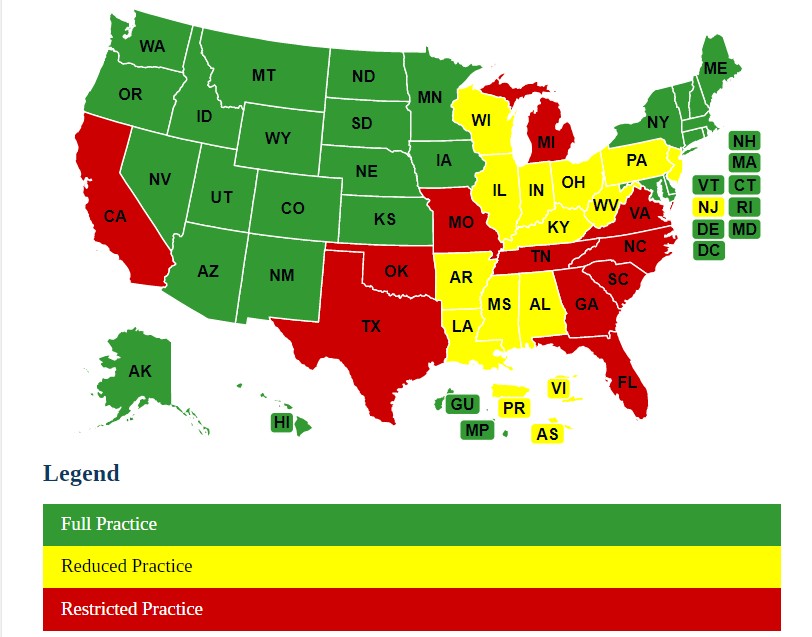
I live in California so, it’s restricted practice here but there are a number of states in the US where nurse practitioner can practice independently and open their own clinics.
Why Consider Becoming an NP? Here’s the real tea:
- More Income: According to the Bureau of Labor Statistics, the median NP salary in the U.S. is over $120,000 per year. That’s a significant bump from the average RN salary.
- Better Work-Life Balance: Many NP roles offer regular office hours, which means you could say goodbye to night shifts, holidays, and weekends (if that’s what you want).
- Career Growth: You’re no longer stuck on the same unit doing the same thing every day. As an NP, you can specialize in areas like family medicine, psych, women’s health, or sleep medicine (👋🏽 shout out to my fellow sleep NPs).
- Fulfillment: If you love patient care but want to be more involved in diagnosis and treatment decisions, this is it. You’ll be making an even bigger impact.
How to Become a Nurse Practitioner: Step-by-Step

- Get Your BSN (if you haven’t already): Most NP programs require a Bachelor of Science in Nursing. If you’re an ADN-prepared nurse, consider an RN-to-BSN bridge program.
- Gain RN Experience: Most schools prefer (or require) at least 1-2 years of RN experience. Bonus: this also gives you clarity on which specialty you might want to pursue. I also fully believe that you will be better equipped in your advance nursing role if you have bedside nursing experience.
- Apply to an NP Program: There are several routes:
- MSN (Master of Science in Nursing) – the most common.
- DNP (Doctor of Nursing Practice) – more advanced, more school, but also more leadership opportunities down the line.
- As for me, I finished a NP-PA dual track program where I was trained to be both a Nurse Practitioner and Physician Associate.
- Choose Your Specialty: Family, Adult-Gerontology, Pediatrics, Psych-Mental Health, Women’s Health, and more.
- Graduate + Pass Your Boards: After you finish your program, you’ll need to pass a national certification exam based on your specialty. If you need tips on how to pass your AANP, I wrote a blog post here to give you tips on how I passed mine.
- Get Licensed + Start Applying: Once certified, you’ll apply for state licensure and get to work as a real-deal NP.
How Becoming an NP Can Boost Your Income Long-Term
Let’s talk money. You didn’t come all this way just to be tired and broke.
Becoming an NP opens up a whole new world of financial options:
- Higher base salary
- Opportunities for leadership roles
- Side hustles like telehealth, consulting, or even teaching
- More flexibility to work part-time or per diem if you want to build other streams of income (like starting your own biz 👀)
Yes, there’s an upfront cost (tuition, fees, maybe some student loans), but the return on investment can be worth it if you plan smart.
Like I had mentioned earlier, becoming a Nurse Practitioner has been one of my best decisions in my nursing career and the best investment I have made for myself.
Right now, I work fewer hours and have a better work schedule because of my advanced degree.
A Few Tips
- Apply for scholarships. There are a ton of them for NP students. When I applied in the NP Program, I qualified for a few scholarships that helped me a lot w/ tuition fees.
- Choose a program that works with your lifestyle. Online, part-time, hybrid—whatever makes it sustainable for you. I chose to do a full time route and had to work per-diem as a nurse when I attended grad school
- Don’t go broke to level up. Create a financial plan before enrolling. I teach this step-by-step inside Employ Your Money—because I want you to move forward with clarity, not chaos.
Final Thoughts
Becoming a Nurse Practitioner isn’t the right path for everyone—but if you’ve been craving more autonomy, better pay, and a new challenge, it’s worth exploring.
And remember: You don’t have to choose between taking care of others and building a wealthy, balanced life for yourself. You can do both.
Start planning. Start dreaming. And when you’re ready, start executing.
You’ve got this.

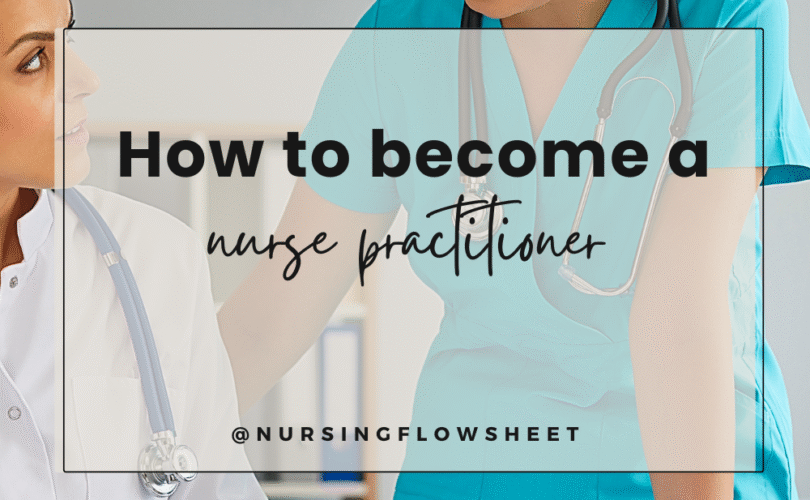
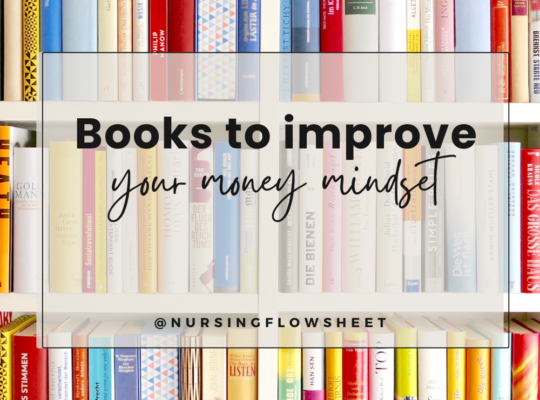
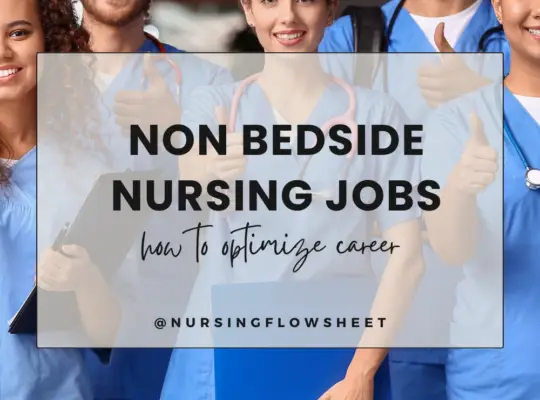

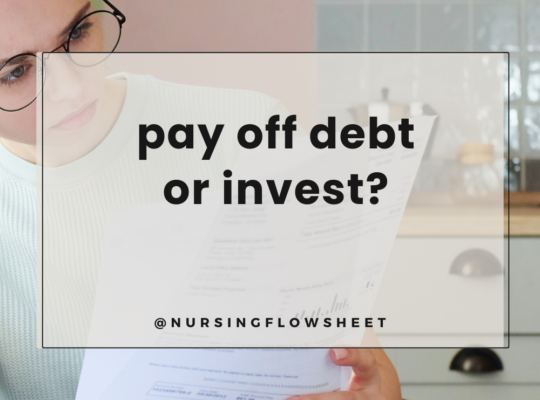
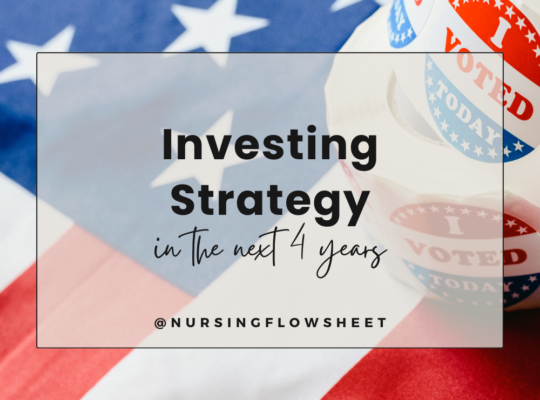

[…] 4. General Nurse Practitioner (NP) […]